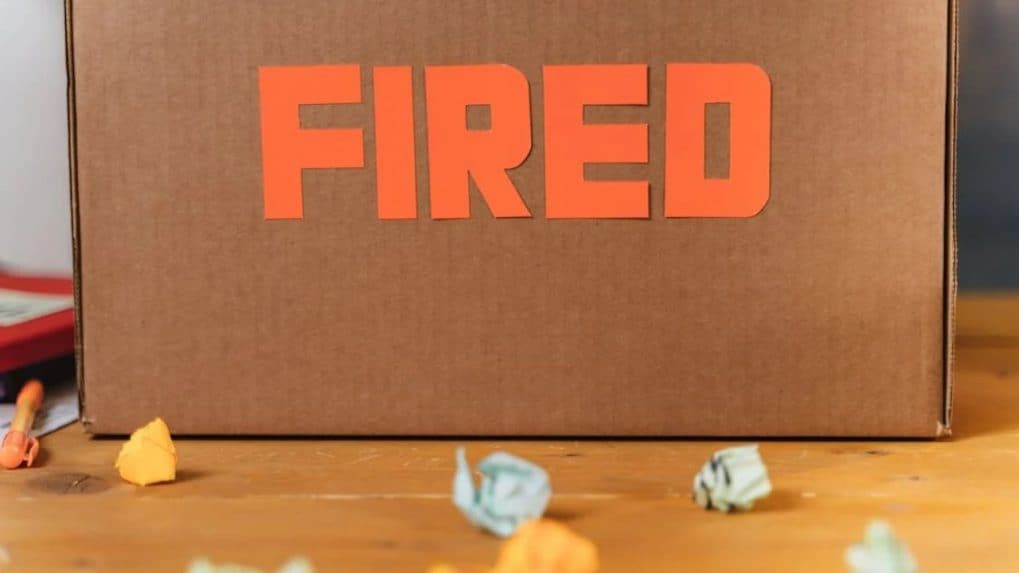Man in China sacked by employer for walking 16,000 steps during medical leave
Chen maintained that the evidence was misleading and emphasised that he had submitted detailed medical scans of both his waist and foot to validate his condition.
ADVERTISEMENT
A Chinese worker who was dismissed for allegedly faking illness after walking 16,000 steps while on medical leave has won a long-running legal battle against his employer.
The employee, identified only as Chen, was working at a company in Jiangsu province when he took sick leave in 2019 due to work-related injuries. According to a report by the South China Morning Post, the dispute has taken years to resolve, finally concluding this month in Chen’s favour.
In February 2019, Chen applied for medical leave twice, citing a back strain sustained at work. He submitted a hospital diagnosis to support his claim, and his leave was duly approved. After resting for a month, he briefly returned to work before applying for additional sick leave, this time for pain in his right foot. His doctor recommended a week of rest, later extended after a diagnosis of a heel spur.
However, the prolonged absence raised suspicions at his workplace. The company asked Chen to submit his hospital records in person, but when he arrived at the premises, security refused him entry. Days later, he was terminated on grounds of absenteeism, with the company alleging that he had misrepresented his medical condition.
Chen filed for labour arbitration, arguing that his medical leave was legitimate and fully backed by hospital documents. The arbitration panel agreed, ruling in his favour and ordering the firm to pay 118,779 yuan (around ₹14.8 lakh) in compensation.
Unwilling to concede, the company appealed the decision in court, presenting surveillance footage that appeared to show Chen running towards the workplace on the very day he had claimed foot pain. It also submitted records from a chat application showing that Chen had walked over 16,000 steps that day.
Chen, however, maintained that the evidence was misleading and emphasised that he had submitted detailed medical scans of both his waist and foot to validate his condition.
The court ultimately sided with Chen once again, concluding that the company had illegally dismissed him and ordering it to compensate him for both trials.

